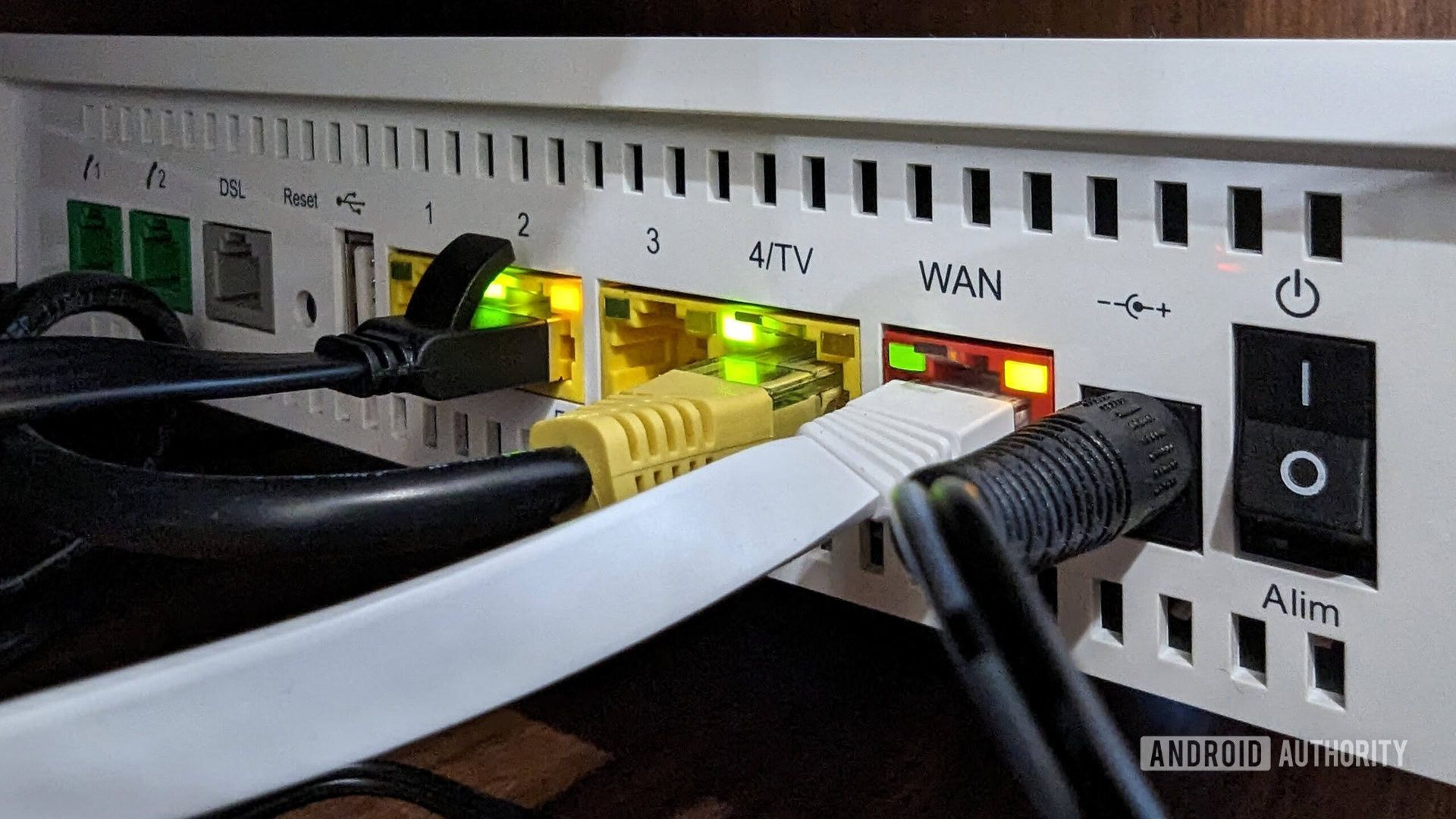Affiliate links on Android Authority may earn us a commission. Learn more.
It's official: Net Neutrality is back as the law of the land in the US
Published onApril 25, 2024

- The FCC voted today, 3-2, to restore federal Net Neutrality laws in the United States.
- Net Neutrality is the idea that broadband internet should be treated similarly to a public utility, with government regulations protecting access and restricting what ISPs can and cannot do.
- Federal enforcement of Net Neutrality principles was previously repealed during the Trump administration, primarily orchestrated by the Trump-appointed FCC chair at the time, Ajit Pai.
Today, in a 3-2 vote, the Federal Communications Commission (FCC) reinstated federal Net Neutrality rules in the United States. Under new FCC Chair Jessica Rosenworcel — appointed by President Joe Biden in 2021, shortly after he took office — Net Neutrality has, after a years-long stint away, once again become the law of the land.
“Broadband is now an essential service,” Rosenworcel said ahead of the vote. “Essential services, the ones we count on in every aspect of modern life, have some basic oversight.” She added that, for all Americans, broadband internet has gone from “nice to have, to need to have.”
Net Neutrality is the concept that internet access should be treated similarly to public utilities. Private companies provide these utilities to the public, but they are under heavy scrutiny by the government. In the case of water, for example, households can’t be prioritized by their location, nor can water companies dramatically alter pricing by household. With these concepts applied to internet service, it prevents:
- ISPs prioritizing certain types of internet traffic, such as those that directly relate to their own services
- ISPs blocking or throttling certain types of traffic or charging extra for it
Net Neutrality originally became law in 2015 under former President Barack Obama. When former President Donald Trump took office in 2016, he appointed Ajit Pai as the new FCC Chair. Pai made it clear that he intended to push the FCC to dismantle Net Neutrality, which it did in 2017. Since then, some states have put forth their own Net Neutrality rules, which have helped prevent ISPs from dramatically taking advantage of little FCC oversight. Today’s vote, though, removes the chance for ISPs to enact state-by-state decisions that go against Net Neutrality’s principles.
Since the 2017 federal repeal, ISPs say they have largely abided by Net Neutrality principles, even without government oversight (which, obviously, is primarily due to state regulations). However, one of the core tenets of the original Net Neutrality was to prevent ISPs from overcharging for broadband service or introducing exorbitant fees. Notably, this new 2024 version of Net Neutrality does not include these stipulations since the FCC has decided to forbear rate regulation. This could come back later, though.